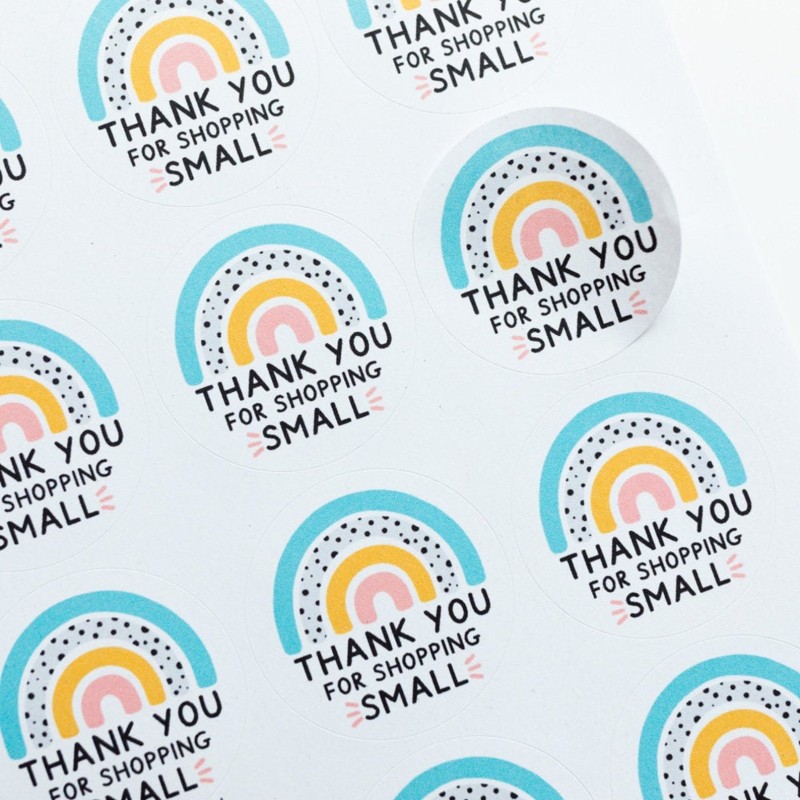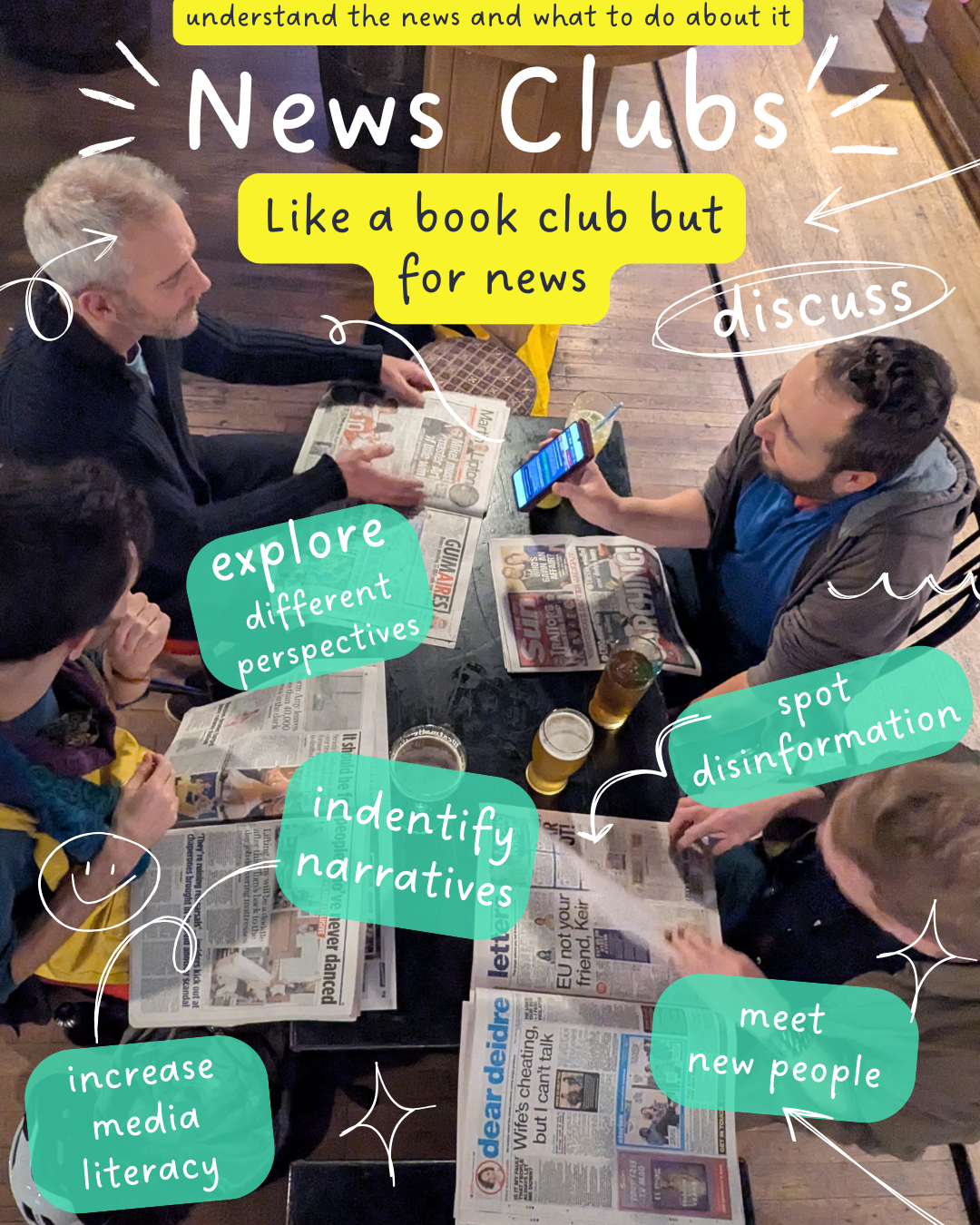Free Suicide Helplines: The Lifeline You Need
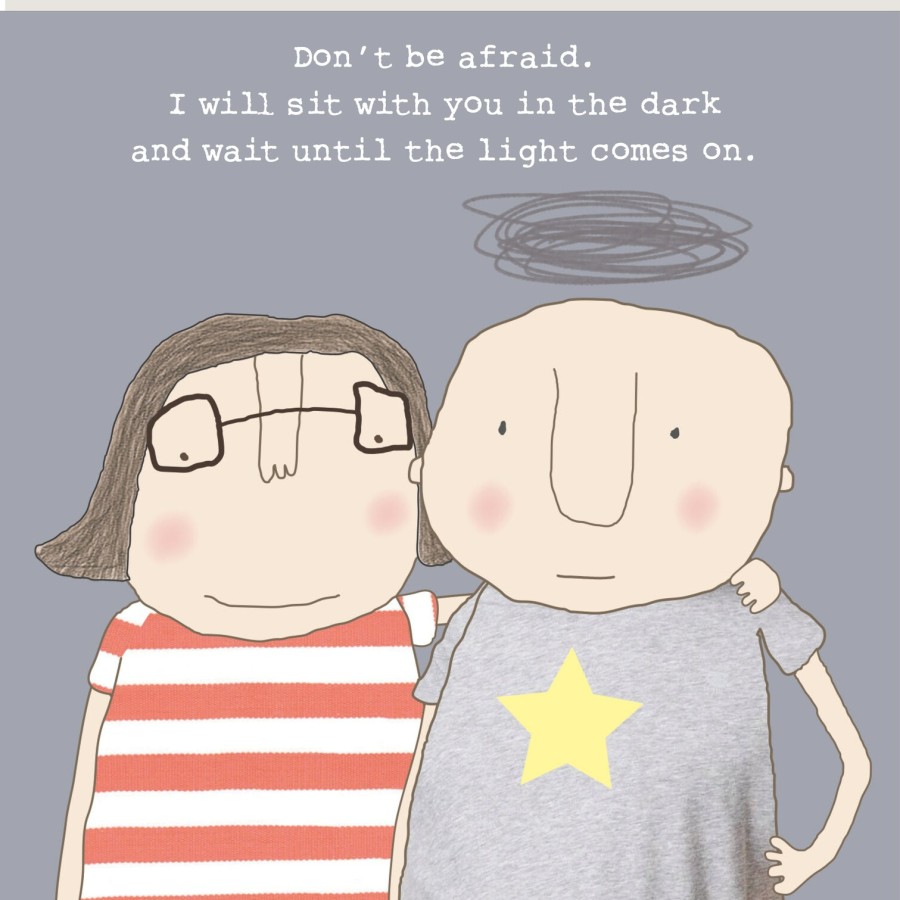
In the darkest moments, reaching out for help feels impossible. Yet, with one call or text, lives can change. Free helplines play a key role in suicide prevention, offering hope when it seems out of reach. Across the UK, several services offer someone to talk to, listen without judgement and help people find their next step.
In this guide, you’ll learn how these lifelines work, who they support, and what happens when you reach out. If you’re struggling, or worried about someone in your life, these details could help you take the first step toward safety.
Why Free Helplines Matter
Helplines are more than just a phone number; they’re a bridge from isolation to support. Many people in crisis can’t see a way forward, but a simple, free conversation can make all the difference.
Immediate, confidential support from trained listeners gives people time, space and comfort, even at 2 am or in the middle of a panic. Many people fear judgement, but helplines are anonymous and have no agenda. You can share as much or as little as you want.
Recent data from the Office for National Statistics shows that suicide rates in the UK remain highest among men, especially those aged 45–49, but anyone can be affected. Helplines help reduce stigma, showing people they’re not alone. They also direct callers to long-term professional help if needed, acting as a safety net when someone can’t see a way forward.
Major Free Helplines Available in the UK
Every helpline has its own focus, hours, and way of working. Below you’ll find a closer look at the main organisations helping people across the UK.
Samaritans (and a brief history)
Samaritans is the name most people know when it comes to suicide prevention. They’re open 24 hours a day, every day of the year, no matter what. And you don’t have to be suicidal to call.
The service is confidential. They don’t record calls, ask for your full name, or let anyone outside their volunteer circle know what you’ve said. Anyone, regardless of age, background or problem, can call. Whether you’re feeling low, anxious or considering suicide, Samaritans listen without rushing you.
Available 24 hours a day, 365 days a year, anyone needing to talk to a trained listener can call them on:
116 123 (the call is free, including from landlines and pay-as-you-go mobiles). Over 200 towns have branches staffed by volunteers. And although not for emergencies, you can email them or write a letter (Freepost SAMARITANS LETTERS and they will try to reply within seven days).
Confidentiality is very important to Samaritans. Numbers don’t use caller display, and calling them won’t come up on your phone bill. You only have to give a name, and information is not passed on, unless for safeguarding purposes. Obviously they need a name and address to reply to letters, but their replies are shredded, after being sent. Email recipients are not given your email address.
Obviously people feeling suicidal can all. But often other people call for various reasons – from depression and illness, to addiction and relationship or family problems.
Who Founded Samaritans?
Samaritans was founded back in 1953 by Chad Varah, an Anglican vicar who was born in the Lincolnshire town of Barton-on-Humber, before studying philosophy, politics and economics at Oxford University.
It was while working as a vicar, that he recognised the need for a confidential emergency service, for people in distress. His first church service was a funeral for a 14-year old girl, who had taken her own life, fearing she had contracted a sexually-transmitted disease (simply because she had started to menstruate, but had no education on what that meant). He later said:
Little girl, I didn’t know you. But you have changed the rest of my life for good’.
The legacy was that he became a strong campaigner for sex education, along with tolerance for people with HIV and AIDS. And his vision helped to create Befrienders International, a worldwide suicide prevention family of charities.
In later years (Chad lived four days shy of his 96th birthday), he became disillusioned at what the Samaritans organisation had become. Although still supportive, he was adamant that he had founded an emergency service for the suicidal. Not ’emotional support for the whole bloody population, whether they wanted it or not’.
Having said that, he was happy when a new chairman took over, and seemed to be appeased that the charity was going back to its roots. One trustee later became his eldest son (England’s former chief probation officer, who died a few months before Chad).
More Free Helplines for Suicidal People
Shout (free support by text)
Shout offers a fresh take with their 24/7 text support via 85258. It’s free, confidential and perfect if talking on the phone feels too hard. Sometimes, typing out your worries is easier. Shout connects users with trained volunteers who respond in real time.
This is a good choice for those who need support late at night, or in busy or shared spaces where privacy is hard to find. Text SHOUT to 85258 to receive four automated messages, before being connected to an empathetic volunteer, who will chat for around 45 to 60 minutes, to get you to a ‘safe place’.
Suicide Prevention Helpline
The Suicide Prevention Helpline gives everyone access to anonymous, judgement-free support. Available on 0800 587 0800, they operate 24/7. Volunteers help people talk about their feelings, consider next steps and find specialised resources if needed.
This helpline is open to anyone in crisis, no matter their age, background or situation. Complete anonymity makes it a safe place even for those afraid of being identified.
SOS Silence of Suicide
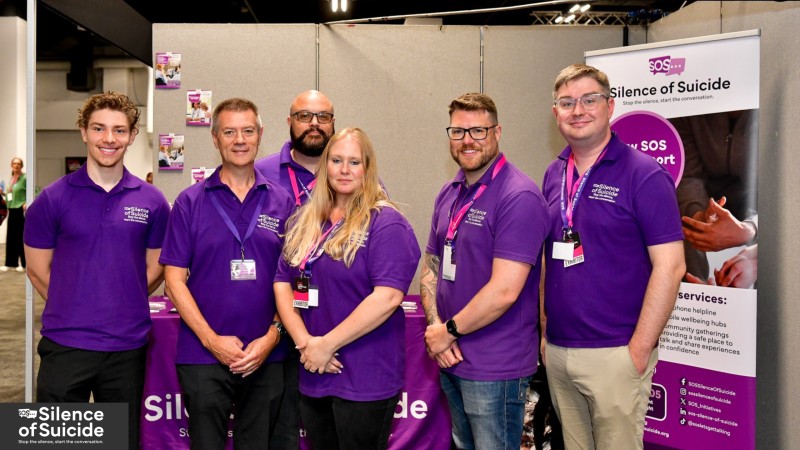
SOS Silence of Suicide offers a confidential freephone helpline (0808 115 1505), open Monday to Friday, 8pm until midnight, and Saturday & Sunday, 4pm until midnight. A place where people can talk freely about their thoughts, feelings, or fears without judgement or shame.
The charity was founded by an amazing woman who wished to do something to help, after experiencing poor mental health and loss to suicide. Her co-founder is well-known barrister Michael Mansfield KC, who lost one of his own daughters to suicide.
Together, they want no one to suffer in silence if they have thoughts of suicide. It offers a free training course OPEN Conversations, to educate, empower and give the public confidence on suicide awareness, and how to have a safe conversation with someone struggling.
They also have courses related to burnout and chronic pain, coming in 2026. Along with mobile mental well-being hubs, with an ambition to take these nationwide.
The focus here is to create safe spaces, whether on the phone or at their support groups, so people feel heard and able to share things they might hide from others.
Campaign Against Living Miserably (CALM)
CALM targets the stigma around suicide, particularly among men, who are at higher risk but less likely to seek help. Their free helpline (0800 58 58 58) runs from 5 pm–midnight every day, and their webchat is available during the same hours.
Trained staff support men (and anyone else who calls) through their darkest hours, offering listening, guidance and connections to further resources.
PAPYRUS HOPELINEUK (for people under 35)
PAPYRUS HOPELINEUK exists for anyone under 35 struggling with thoughts of suicide, and for those worried about someone young. Their helpline is open weekdays 9 am–midnight, and weekends/bank holidays 2 pm–midnight.
You can call 0800 068 41 41, text 07860 039967, or email pat@papyrus-uk.org. The team listens, offers advice, and helps with safety plans. Their focus on young people stands out, helping those who might not fit into adult support services.
Switchboard (for LGBT communities)
Switchboard is a special helpline for LGBT communities. Many struggle with depression and suicidal thoughts, and here you can talk to people in a ‘safe place’ to feel heard. Read our post about ignoring homophobia in the media and politics.
Gordon Moody (for suicidal gamblers)
Gordon Moody is not a suicidal helpline as such, but has plenty of free help, and connect you to others. Gambling is one of the main causes of suicide in the UK, so these guys can get you back on the right track. Read more on how to give up gambling.
Farming Community Network (for farmers)
Farming Community Network is a suite of charities that offer help for everything from mental health to help with tenancies and finances. It even can offer free food for animals, if you can’t afford it (or suffer droughts or floods etc).
Combat Stress (for veterans)
Combat Stress offers 24/7 help for veterans, many of whom are suffering from post traumatic stress. Specially trained staff answer calls from both veterans and their families.
Vetlife (for veterinary surgeons, nurses & students)
Vetlife is a free helpline for veterinary surgeons and nurses (phone or email) who are suffering from suicidal thoughts, in often a very stressful profession. Vets not only have to put many animals to sleep (and often see horrendous cases if animals have been attacked or abused) but sometimes pet guardians can become aggressive, if blaming them for when things go wrong (a misdiagnosis etc).
A report found that around 70% of vets have lost a colleague to suicide, with the rate now four times the national average. Plus many kind vets who work for others, get upset when pet guardians are turned away due to lack of funds. Read our post on where people can find free and affordable vet care.
Suicide Prevention Apps
- I’m Okay is an app that sends texts to your phone, to make you are okay. You can choose to get sent up to 3 messages a day, and you simply reply ‘K’ to say you’re fine. If there is no response after 15 minutes, the app kicks into action, and alerts one of your 5 emergency contacts, to find help.
- Grassroots Suicide Prevention is a free worldwide app that can be downloaded to your phone. You can use it for mental health support, if you are not feeling safe.
Free Helplines for Bereavement
Cruse offers a free helpline for bereavement, if you have lost a human companion. For animal companions, Blue Cross offers a free telephone bereavement support line, from trained volunteers.
How to Reach Out to Suicide Helplines
Taking the first step can feel overwhelming, but most people find it’s much easier than expected. Here’s what usually happens when you connect with a helpline:
- Call, text or email using the helpline details above.
- A trained volunteer or staff member answers, ready to listen with patience.
- They may ask your name or age, but you don’t have to share. You can stay anonymous.
- You decide what to talk about, how much to say, and when to stop.
- They won’t judge, rush, or push you. Their only aim is to support and help you feel safe.
- In rare cases, if they believe you’re at immediate risk of harm and they know who you are, they may try to get emergency help. Usually, though, calls stay private.
Tips to make it easier:
- Write down what you want to say before calling.
- Use text or email if talking feels too hard.
- Don’t worry about ‘wasting their time’. It’s what they’re there for.
- Ask about anything that confuses or worries you during the call.
Many people fear they’ll be talked into something they’re not ready for. In reality, helplines respect your choices. You stay in control every step of the way.
The Beachy Head Chaplaincy Team
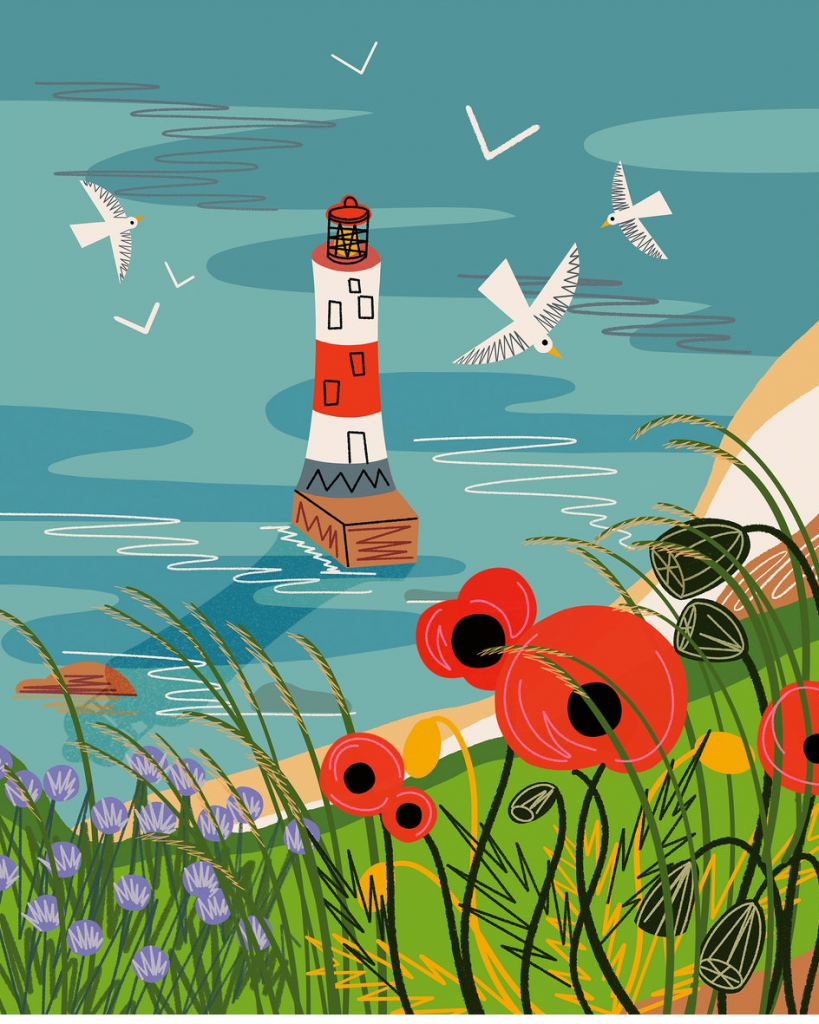
Beachy Head lighthouse is one of England’s most iconic, known for its red and white striped, against a dramatic backdrop of white cliffs. The lighthouse was built in 1902 in an area often shrouded in mist, in order to keep boats safe.
The amount of suicides nearby has decreased in recent years, thanks to Beachy Head Chaplaincy Team. Each day when someone visits here to end their life, their chaplains are nearby, ready to listen to someone in despair.
All the chaplains are volunteers from local churches, who never preach, they just reach out with skilled crisis intervention, to anyone who needs help.
If it weren’t for the chaplaincy team at Beachy Head, my wife would now be a widow. Thank you for being there are my lowest.



